LaTeX templates and examples — Greek
Recent
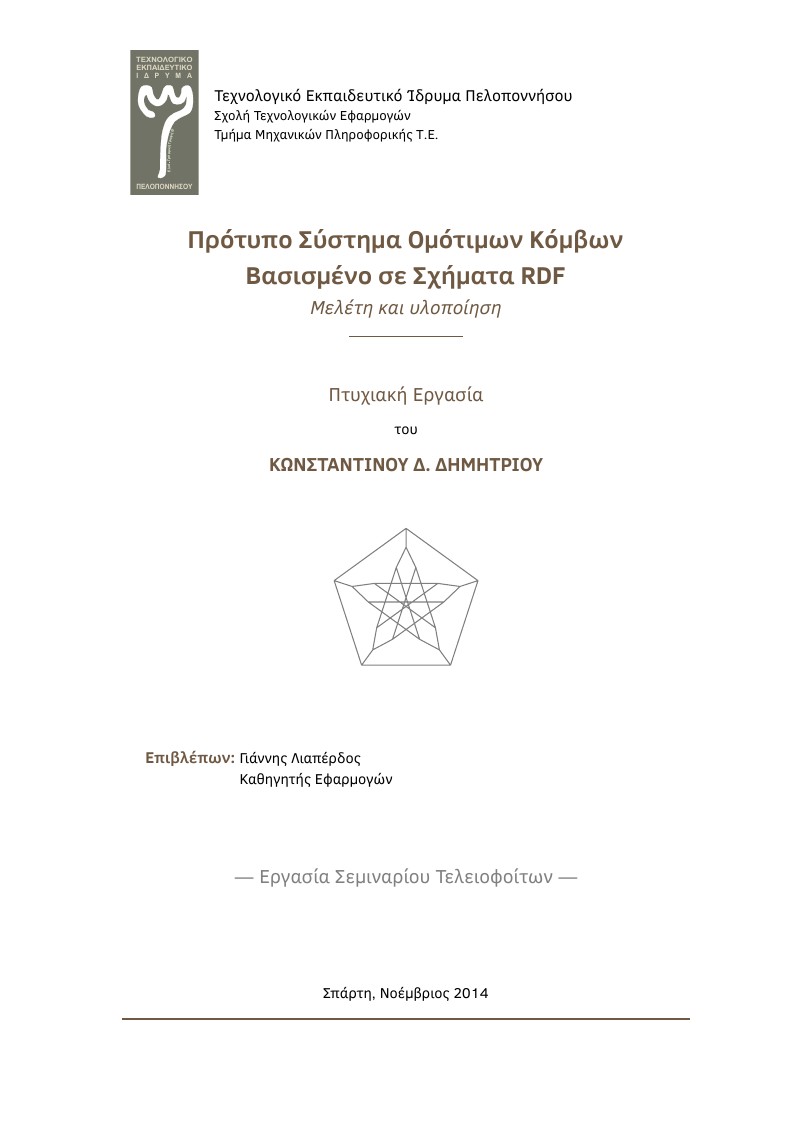
Unofficial template (XeLaTeX version) for typesetting graduate diploma theses - Department of Computer Engineering, Technological Educational Institute of Peloponnese, Greece. the "arial/times/clearsans" option enables typesetting with the respective font. the "printer" option provides a printer-friendly grayscale thesis version. the "watermark" option adds a watermark to indicate a draft copy of the thesis. the "histinit" option allows "historiated" initial chapter characters (in combination with the \InitialCharacter macro). add/remove the "hyperref" option to enable/disable hyperlinks within the produced PDF file: (if compiling offline, it might be useful to delete the auxiliary files after adding/removing the "hyperref" option). add/remove the "noindex" option to disable/enable index generation (might be also helpful to speed-up online compilation). add/remove the "plain" option to disable tikz graphics in title page and part/chapter headers (might help to avoid compilation timeouts). Note that "plain" disables CD label and cover creation. (Last update: Sept 29, 2015 - for changes since the previous version, see the ChangeLog section at the end of the template's ".cls" file ). A pdfLaTeX version of the template is also available. The XeLaTeX version automates typesetting bilingual (greek/english) text, without using language-switching macros. Proper sorting of greek index terms is also handled automatically. Note that compile timeout errors may occur for free-plan Overleaf users. Times, Arial and ClearSans font files are included. Based on a template by the National Technical University of Athens (NTUA). Indicative text partially adopted from: I. Spyropoulou, An RDF schema-based peer-to-peer system, Diploma Thesis, NTUA, 2005
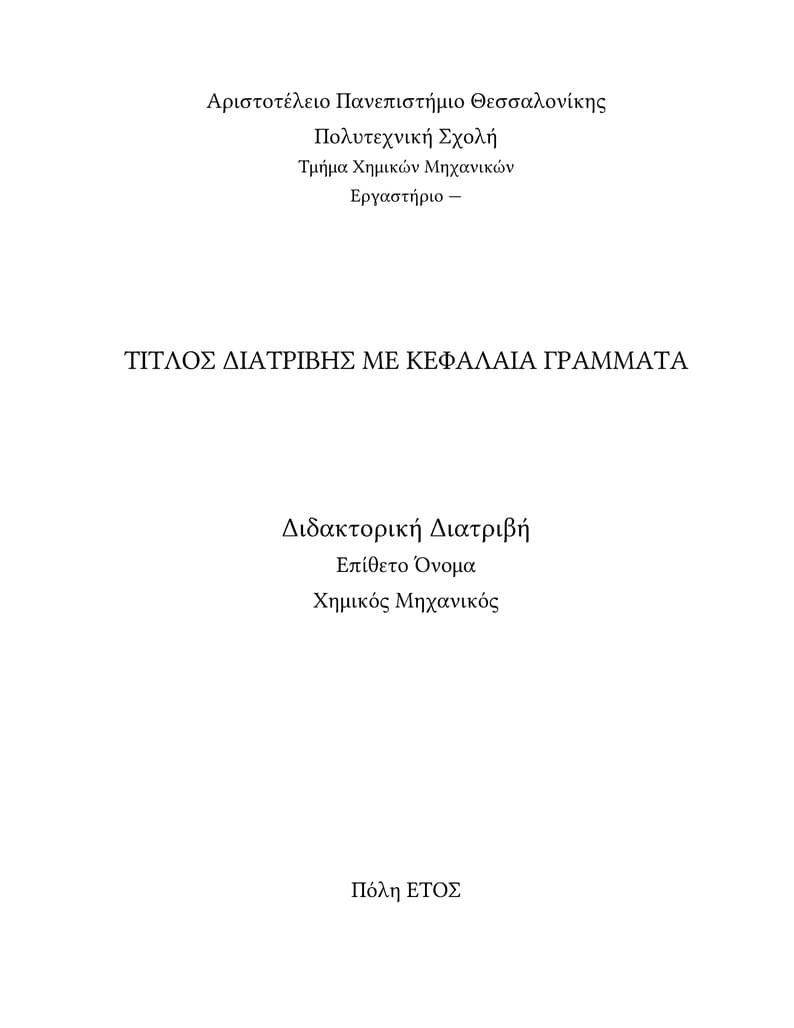
Template for a PhD thesis for the Chemical Engineering department of Aristotle University of Thessaloniki.
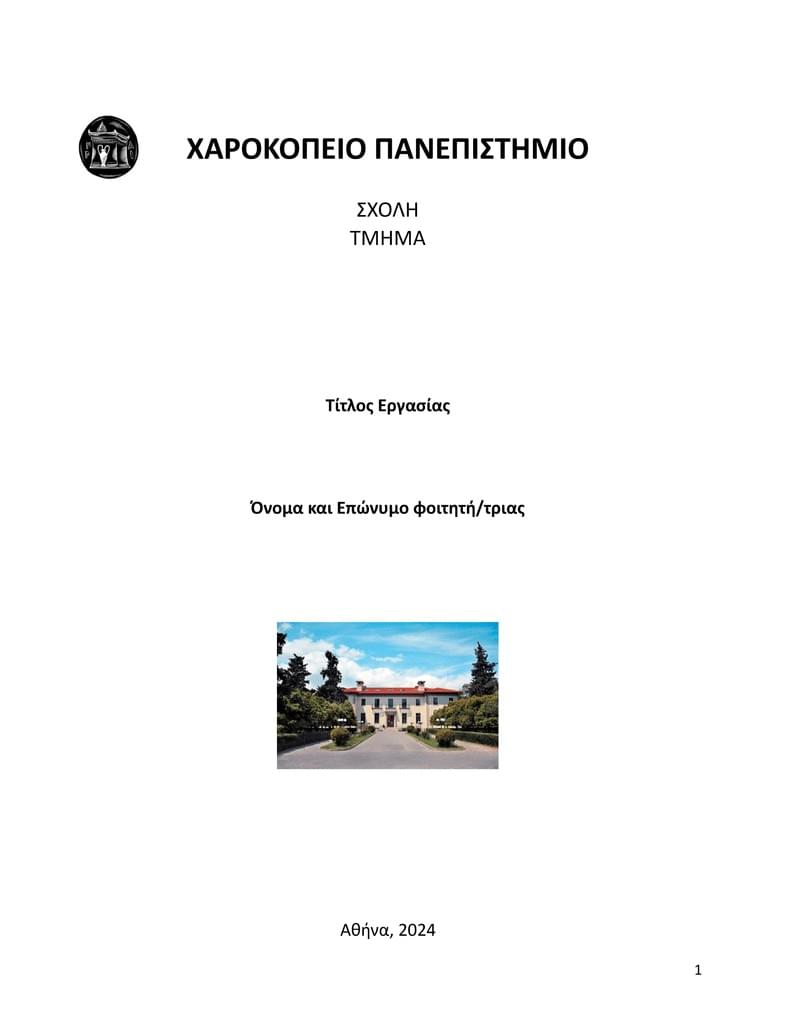
This LaTeX template is designed for students of Harokopio University who are writing their thesis. (HUA Athens, Greece)
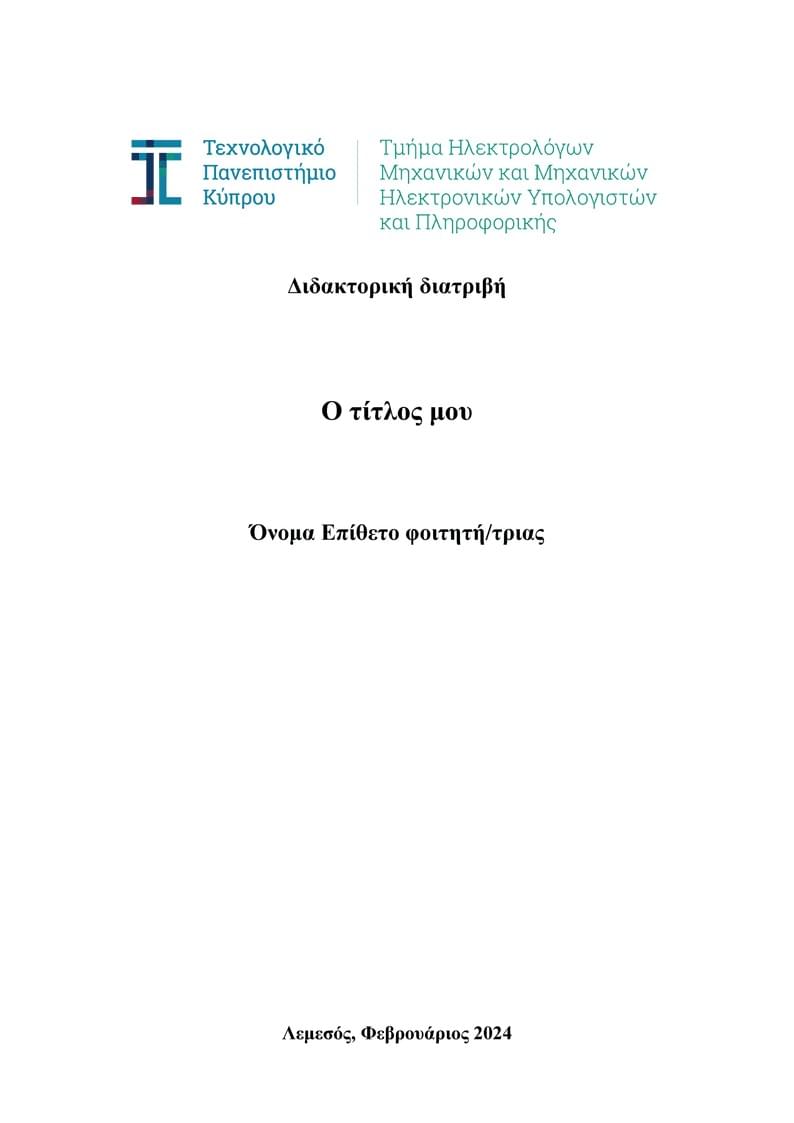
Χρησιμοποιήστε τo έτοιμo υποδείγμα για τη συγγραφή της πτυχιακής/ διατριβής σας.
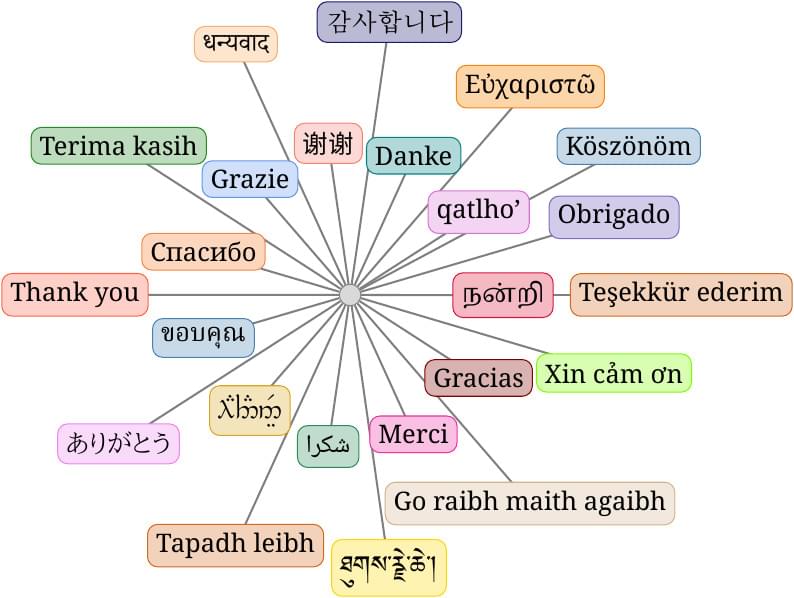
Since my research is related to multilingual dictionaries, I have the excuse of using this TikZ drawing of multilingual "thank you's" at the end of my presentations. It had the advantage/disadvantage of distracting the audience enough from raising nit-picking, asked-just-for-sake-for-asking types of questions. :-) If compiling this takes too long, the best way to use this is probably to use the result PDF directly via e.g. \includegraphics[page=1]{multiling-tq.pdf} BTW -- can you spot the two fictional languages? :-)
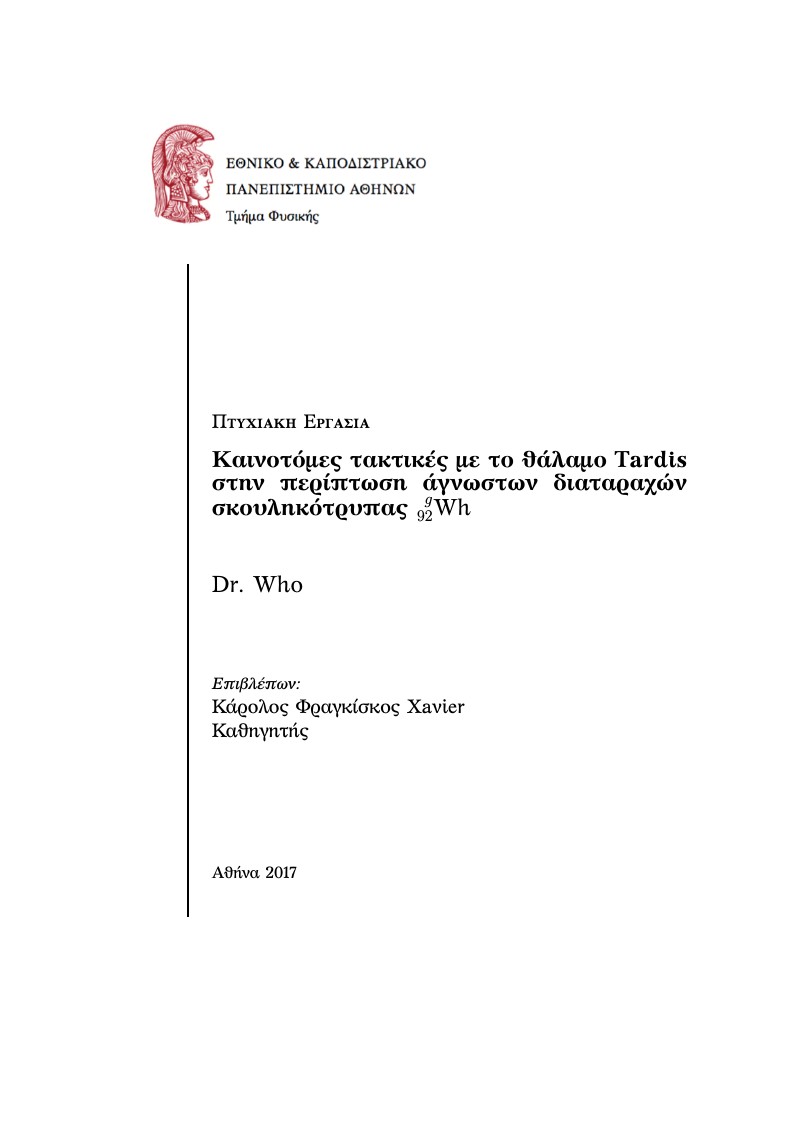
The template aims at helping students working in the NuSTRAP group (University of Athens, Greece) prepare their thesis (PhD, MSc, BSc). It uses XeLaTeX and Babel packages to facilitate the use of Greek language.
\begin
Discover why over 25 million people worldwide trust Overleaf with their work.